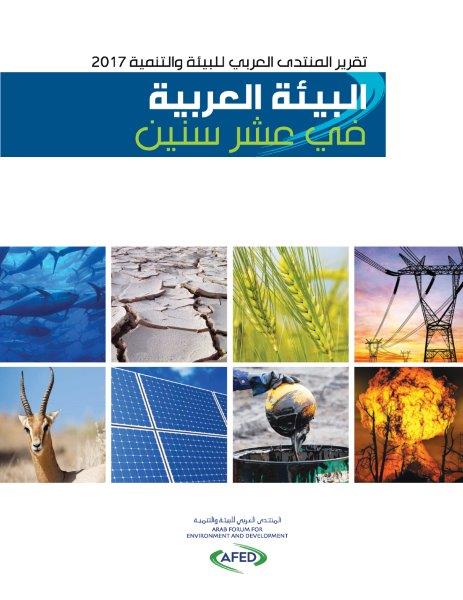| | Arab environmental successes in a year
| | By Najib Saab
January-February 1999
Environmental debates in the Arab world often entail discussions of a variety of problems, weaknesses and flaws such as: water scarcity, desertification and land degradation, air pollution, coastal deterioration, uncontrolled municipal and toxic waste, lack of policies and generally poor environmental management. Compounded with global issues such as climate change, nuclear pollution and ozone depletion, the situation looks very gloomy. | | more... | |
|
|
| | From One Environmental Catastrophe to Another
| | By Najib Saab
November-December 1998
As fires were devouring Lebanese forests, reducing millions of trees to ashes in one of the most outrageous environmental and natural disasters in the country, the Ministry of Environment was vocally celebrating Arab Environment Day on 14 October, publishing a newsletter about its "achievements", and declaring 16 November a national environment day. It seemed that the priority during this hellfire was to create another occasion for public statements and speeches. | | more... | |
|
|
| | A 21st century ministry of environment
| | By Najib Saab
September-October 1998
The implementation of the national reconstruction plan in Lebanon has kept the government's attention focused on economic, and to a less degree social development. This was a necessary path to provide basic infrastructure, end the state of war, secure the foundations of peace, achieve stability and rehabilitate public institutions. | | more... | |
|
|
| | Development as public relations
| | By Najib Saab
July-august 1998
After the theme of children and women as marketing tools for international aid was exploited and exhausted over the last decade, non-governmental organizations (NGOs) have recently become an inherent part of any project proposal for development assistance. The magic word among aid agencies now is NGO. While the term NGO might mean any group outside government institutions, be it a professional association, public society, club, research centre, university or private company, it commonly refers to voluntary groups. | | more... | |
|
|
|
|
|
|
|
|
|
|
 | | | Arab Environment in 10 Years | | | ARAB ENVIRONMENT IN 10 YEARS crowns a decade of the series of annual reports produced by the Arab Forum for Environment and Development (AFED) on the state of Arab environment. It tracks and analyzes changes focusing on policies and governance, including level of response and engagement in international environmental treaties. It also highlights developments in six selected priority areas, namely water, energy, air, food, green economy and environmental scientific research. |
|
 |
|
|
|
|




